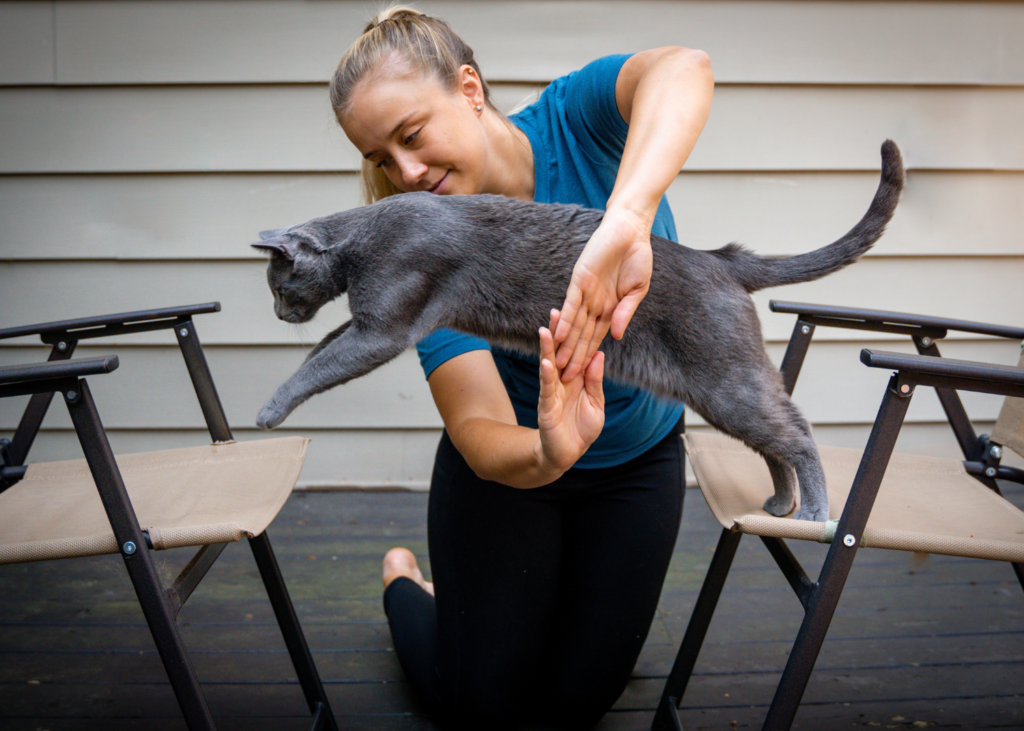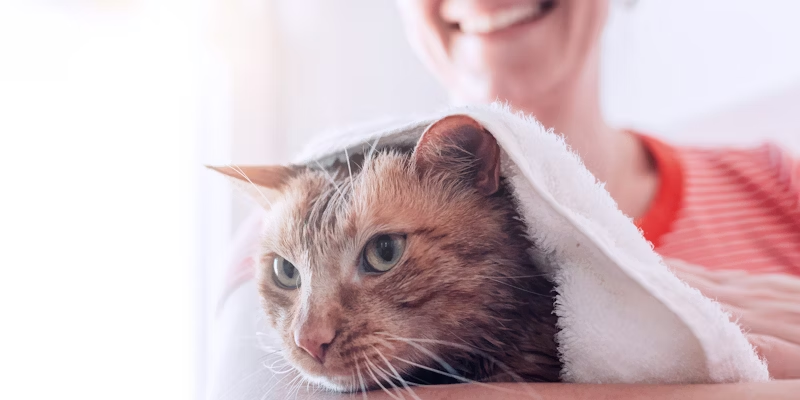Cats are undeniably adorable when they’re lost in dreamland, curled up and snoozing for hours. But as a cat owner, you might wonder, why do cats sleep so much? And with all that sleep, when do they find time to play, follow you around, or demand your attention?
On average, cats sleep between 15 to 20 hours a day. Yes, you read that right! Their sleep patterns can vary depending on their age, with older cats typically snoozing longer than younger ones. While this is perfectly normal feline behavior, several other factors contribute to their lengthy slumber:

- Genetic Instincts: A cat’s wild ancestry plays a significant role in their sleep habits. In the wild, cats are natural predators, often hunting during the twilight hours of dawn and dusk. The rest of the day is spent resting and conserving energy for their next hunt. Even though your domesticated cat no longer needs to hunt for food, their genetic makeup still drives them to sleep extensively.
- Energy Conservation: Cats are masters of energy conservation. They often take short naps, known as “catnaps,” lasting up to 30 minutes, during which they remain semi-alert to their surroundings. Their ears might twitch, and their tails could flick in response to noises, as they’re always poised to spring into action. Deep sleep, however, only occupies a small portion of their naptime.
- Stress: Increased sleeping coupled with inactivity can indicate stress. Cats may sleep more when they’re coping with anxiety or emotional distress. Sudden changes in their environment or routine can trigger these feelings, leading them to sleep excessively or hide from their family. If your cat’s sleep habits seem off, it’s crucial to monitor them closely and consult a veterinarian if needed.
- Health Issues: Illness or pain is another reason cats might sleep more. Whether it’s due to underlying health conditions or discomfort from being overweight, excessive sleep can be a sign that something’s wrong. A thorough check-up with your veterinarian is essential if you notice your cat sleeping longer than usual.
Also Related: Cat Allergies
- Weather Changes: Cats, like humans, can be affected by changes in the weather. During cold or rainy seasons, they might prefer to stay cozy in bed, sleeping longer to avoid the chill.
- Natural Rest Needs: Lastly, cats naturally require a lot of sleep to maintain their health. Unlike humans, they don’t push themselves to stay awake and will sleep whenever they feel the need to recharge.
In summary, while it’s normal for cats to sleep more than 15 hours a day, it’s essential to observe any changes in their sleeping patterns. While many factors, such as genetics and weather, influence their sleep, prolonged sleep could indicate a health issue. If you notice anything unusual, don’t hesitate to seek advice from a veterinarian. And remember, keeping your cat mentally and physically stimulated with toys and activities can help them maintain a balanced and healthy lifestyle.







